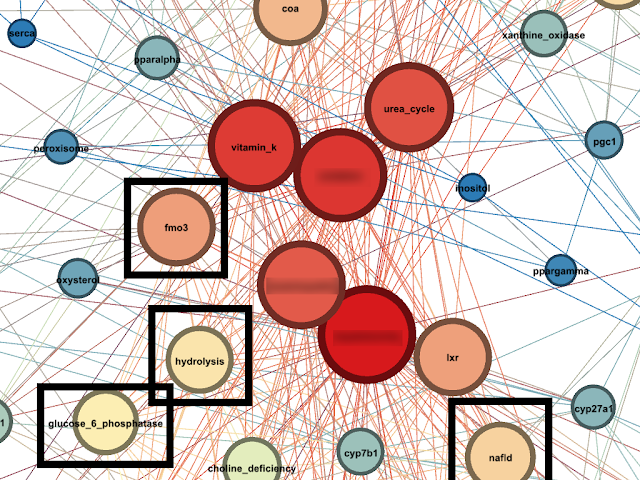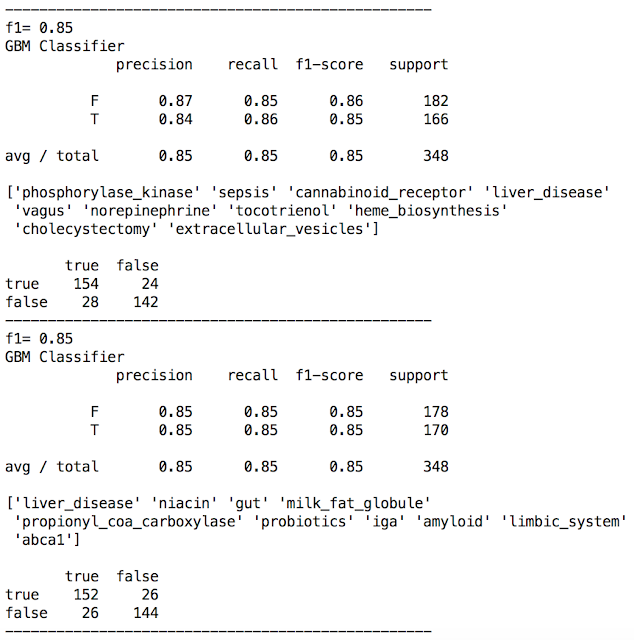MeSci
Senior Member (Voting Rights)
Source: Solve ME/CFS Initiative
Date: May 28, 2019
Time: 17:00-18:00 UTC
URL: https://register.gotowebinar.com/register/4701892549916870924
Whole Genome Sequencing and Analysis of ME/CFS
----------------------------------------------
Please join us on May 28th at 10:00am PT // 1:00pm ET for a Solve M.E. Science & Discovery webinar with Dr. Liz Worthey and Dr. Camille Birch.
The discussion will center on their Ramsay-supported whole genome sequencing study. Using a comprehensive genomic and informatics approach, Drs. Worthey and Birch are exploring the hypothesis that ME/CFS in an individual may be caused by a genetic alteration(s) in one or more metabolic pathways, leading to an unstable cellular energetic state, and that the course of illness is based on the type of variant or where in a metabolic pathway an individual's defect lies.
Date: May 28, 2019
Time: 17:00-18:00 UTC
URL: https://register.gotowebinar.com/register/4701892549916870924
Whole Genome Sequencing and Analysis of ME/CFS
----------------------------------------------
Please join us on May 28th at 10:00am PT // 1:00pm ET for a Solve M.E. Science & Discovery webinar with Dr. Liz Worthey and Dr. Camille Birch.
The discussion will center on their Ramsay-supported whole genome sequencing study. Using a comprehensive genomic and informatics approach, Drs. Worthey and Birch are exploring the hypothesis that ME/CFS in an individual may be caused by a genetic alteration(s) in one or more metabolic pathways, leading to an unstable cellular energetic state, and that the course of illness is based on the type of variant or where in a metabolic pathway an individual's defect lies.









